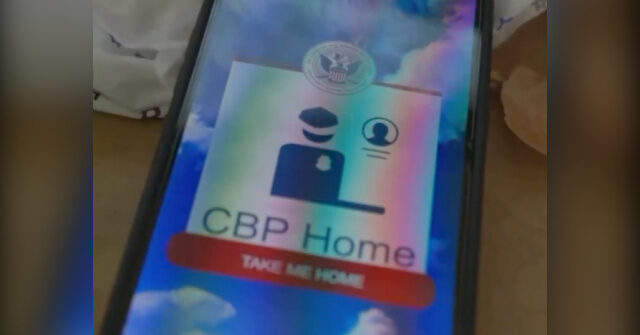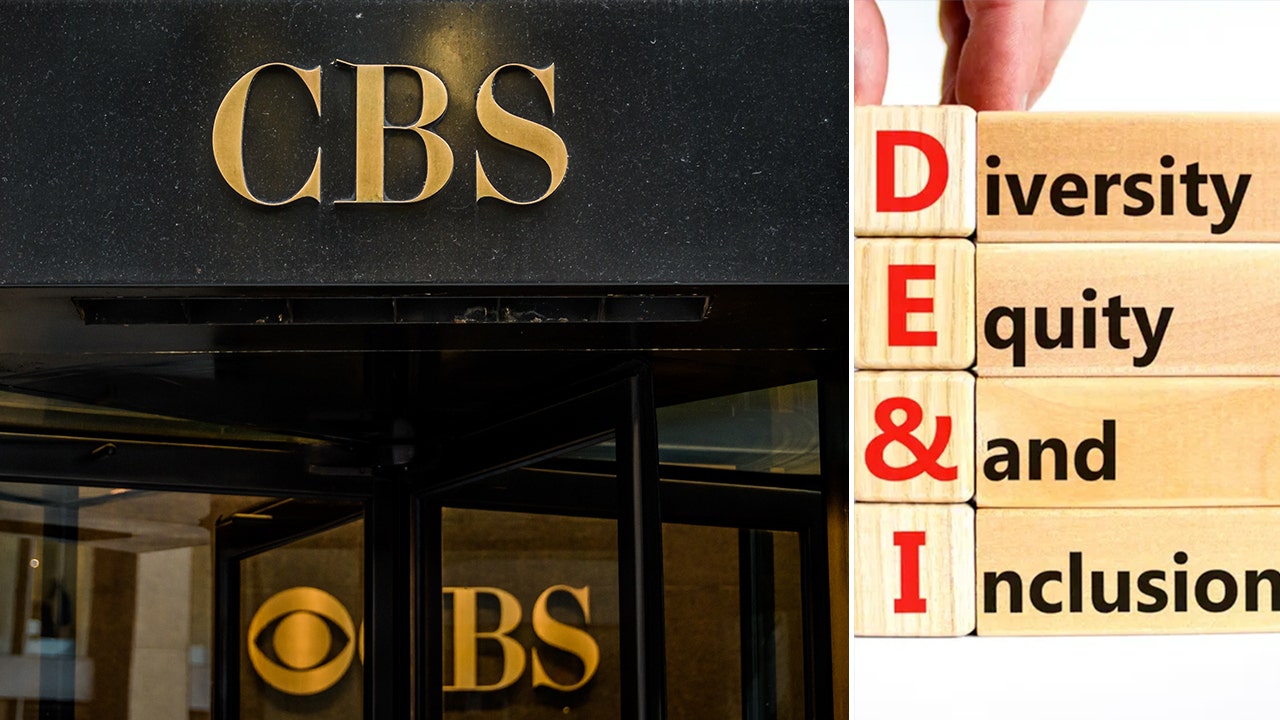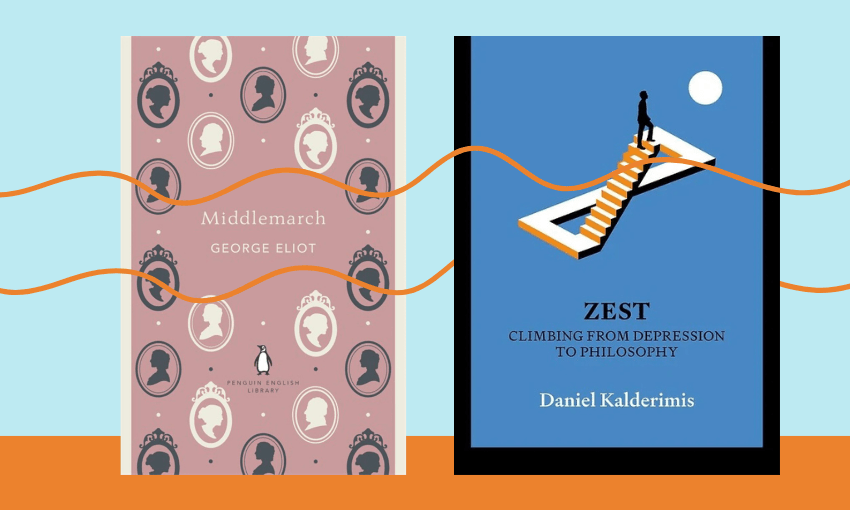Key points:
- The Church for Lebanon holds weekly meetings for victims’ families to aid their healing processes.
- Families say they are still waiting on answers as to how the port was permitted to store highly flammable chemicals so close to residential areas.
- Australian ambassador to Lebanon, Andrew Barnes, has led a delegation on behalf of 20 countries calling on the Lebanese authorities to move forward with the investigation.
“August 4, 2020, was a bad day. It changed our lives 180 degrees,” she says.
Beirut blast victim, Najib Hitti, with his sisters, Antonella and Karlen, the latter who also lost her husband, Charbel Karam. Credit: Antonella Hitti
Ms Hitti says, “(The men) went with a big heart without fear to put out the fire and relieve people’s pain without knowing that their country (would try to) hide the biggest non-nuclear explosion in the world.”
“We waited 15 days until we learned that (the remains) of Charbel and Nagib were found,” Ms Hitti says.
“They are my soul, my heart and part of me. They are my brothers and I will never give up on them or give in to fear. I will defend their case to (my) last breath.”

Antonella Hitti with her brothers, Najib and Charbel, and their relative, Charbel Karam. Credit: Antonella Hitti
She claims the Lebanese state is still obstructing the justice process.
We want to show the whole world that the corrupt system blew us up and continues to hinder us.
Antonella Hitti
She adds that the victims’ families are turning to the international community to demand an international investigation because “those who should protect us have blown us up”.
Joseph Roukoz lost his life in his workplace.
Ms Roukoz says that five security agencies at the port of Beirut had a legal obligation to refuse to store certain materials.
If these people (had not agreed) to leave these materials at the port for the duration of that period, we would not have suffered such a tragedy.
Cecil Roukoz
She claims the government was actively hindering any investigation.

Families of the Beirut blast victims have spoken to SBS Arabic24 about their ongoing ordeal to find out the truth.
“There are arrest warrants against (certain) people who have (still) not been arrested,” she says.
Melvin Khoury, who survived the Beirut port explosion, says, “We have the right to know who killed us and why the state is absent.”
‘My country did this’ is written on the remaining walls of the port.
Melvin Khoury
His son, Elie Hasrouty, says, “The accountability we seek to achieve in this case cannot be achieved without social, cultural and moral awareness so that each person realises his individual and collective responsibility in this case.”
Crime calls for justice. Justice does not stop at accountability only. It aims to not forget what happened, create guarantees that it will not be repeated and learns lessons from it.
Elie Hasrouty

Beirut blast victim, Ghassan Hasrouty (R), with his family at his daughter’s wedding. Credit: Elie Hasrouty
The “Church for Lebanon” group facilitates weekly meetings with victims’ families to start the healing and reconciliation process that calls for justice.

Victims’ families meet weekly to aid the healing process. Credit: Sr. Tidola Abdo
Sister Tidula Abdou, from the church, says, “We stand in solidarity with them, listen to their pain, anger and frustration.”
Only Australian victim was just two years old
His mother, Sarah Copland, says the Lebanese state has failed Beirut port victims with the suspension of the internal investigation in December, 2021.
Lebanon failed the victims of the Beirut explosion and promised to complete the investigation within days of the explosion.
Sarah Copland
“They were well warned and chose to do nothing and now they are doing everything they can to stop the investigation. All we saw was political intervention to stop the investigation,” she says.

Sarah Copland with her son, Isaac, who died in the Beirut blast. Credit: Sarah Copland
Ms Copland, together with a group of victims’ families, looks to the United Nations Human Rights Council to conduct an independent, impartial and transparent investigation into the port crime.
“There are corrupt practices in the process of bringing ammonium nitrate to Lebanon,” she says.
I miss him every second, I don’t think I’ll be able to accept his absence. You can never get over the death of a child taken in such brutality.
Sarah Copland
“Justice will not bring my son back, but as a mother, this is the last thing I can do and I will fight for it to the end.”


















Discussion about this post